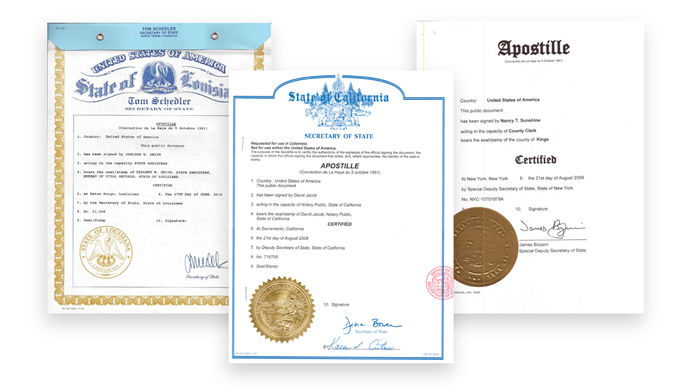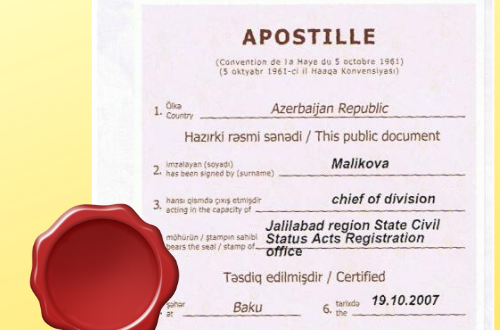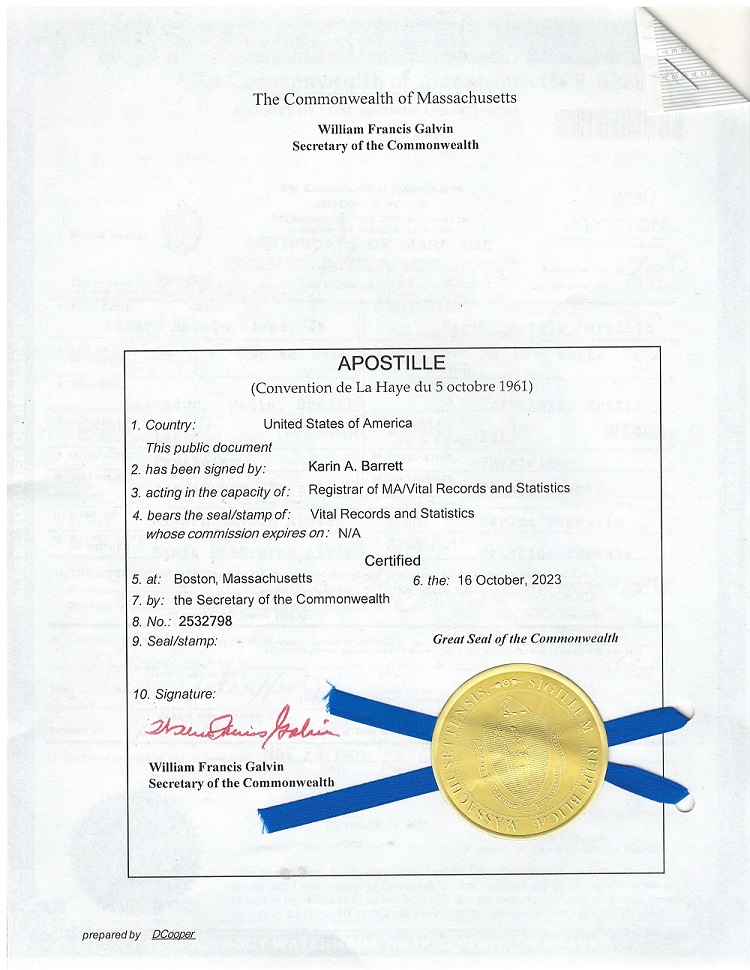Reliable Houston TX Apostille Services for Your Lawful Papers
Reliable Houston TX Apostille Services for Your Lawful Papers
Blog Article
Unveiling the Essential Duty of Apostille in Simplifying International Paper Recognition Procedures
In the realm of international events, the recognition of records holds paramount value. In the middle of the web of bureaucratic procedures and differing legal requirements across various nations, the role of apostille arises as a key facilitator in enhancing the procedure. By attaching an apostille to a file, it goes through a simplified validation that is identified across various countries, hence relieving the worries connected with cross-border file authentication. As we explore the details of this specialized certification, the subtleties between apostille and typical recognition methods emerge, losing a new perspective on the performance and performance of this vital yet usually overlooked process.
Comprehending Apostille Fundamentals
In the world of record validation for worldwide use, realizing the basic principles of apostille verification is critical. An apostille is a specific certificate that verifies the authenticity of a file for usage in international countries that are part of the Hague Apostille Convention. Understanding the basics of apostille involves identifying that it does not validate the web content of the record yet instead licenses the signature and seal of the issuing authority. This accreditation simplifies the procedure of worldwide file recognition by ensuring that the document will be recognized as genuine in countries that are celebrations to the Apostille Convention.
Apostilles are typically released for important records such as birth certifications, marital relationship certificates, and academic transcripts. The vital components of an apostille consist of the name of the nation where it was provided, the name of the individual authorizing the paper, the capability in which the individual signed the document, the seal or stamp of the providing authority, and the day of issuance. By recognizing these fundamental aspects of apostille verification, organizations and individuals can browse the complexities of worldwide paper recognition with self-confidence and efficiency.
Benefits of Apostille for Recognition

In addition, the apostille simplifies the verification procedure by supplying a standard certification that confirms the authenticity of the paper, such as birth certifications, marital relationship licenses, notarized deeds, and scholastic transcripts. This standard style minimizes the threat of being rejected as a result of strangeness with international records, hence improving the efficiency of cross-border purchases.
In addition, the apostille aids in eliminating the requirement for numerous layers of verification by federal government authorities, as the apostille itself represents the file's legitimacy. This not just accelerates the file validation procedure however additionally minimizes the linked expenses and administrative hurdles, making it a practical and cost-efficient solution for people and businesses participating in worldwide activities.
Simplifying Cross-Border Paper Verification
Streamlining cross-border paper verification, the apostille gets rid of the need for lengthy and commonly challenging validation procedures usually required when presenting records in foreign countries. By attaching an apostille to a paper, the issuing country licenses the credibility of the record, making it conveniently acceptable in various other countries that are part of the Hague Apostille Convention.
Additionally, the apostille system boosts the security and trustworthiness of cross-border file recognition by giving a clear and globally accepted device for confirming the legitimacy of papers. This simplification of authentication processes not just advantages people and organizations seeking to run globally but likewise promotes smoother interaction and partnership between countries by making sure the dependability of shared documents.
Value of Apostille in Legalization

Apostille makes certain that lawful documents such as birth certifications, marriage my review here certifications, powers of attorney, and court documents are identified and accepted in foreign territories. This is specifically essential in lawful issues such as worldwide fosterings, migration procedures, or company purchases that involve celebrations from various countries. The apostille procedure lowers the bureaucratic hurdles and taxing treatments commonly linked with file legalization, making international purchases extra efficient and lawfully binding. In verdict, the significance of apostille in the legalisation of global documents can not be overstated, as it helps with smooth cross-border communications and makes certain the credibility and credibility of lawful documentation.
Apostille Vs. Typical Validation Techniques
Comparing apostille with standard recognition techniques reveals distinct distinctions in the efficiency and simplicity of file verification processes for worldwide usage. Apostille, as a structured and standard method established by the Hague Convention, supplies a more simple strategy to validating records contrasted to conventional methods. Typical recognition processes commonly involve several actions, consisting of notarization, accreditation by government authorities, and consular legalisation, which can be this hyperlink cumbersome and taxing.
Apostille, on the various other hand, streamlines this procedure by licensing papers with a single apostille certification provided by a competent authority in the nation where the file originates (Houston TX Apostille). This certificate is identified by all member countries of the Hague Convention, removing the requirement for further embassy legalisation. Therefore, apostille significantly lowers the time and initiative needed for paper validation, making it a favored choice for individuals and organizations associated with worldwide transactions
Conclusion
Finally, apostille plays a crucial role in simplifying worldwide paper recognition processes by providing a standard method of verification that is identified across taking part countries. By enhancing the legalisation process, apostille removes the requirement for multiple layers of recognition, lowering time and costs connected with cross-border file verification. This effective system benefits individuals and companies looking for to utilize international records for legal objectives, ensuring smoother worldwide transactions.
By fastening an apostille to a paper, it goes through a streamlined validation that is recognized throughout numerous countries, thus easing the worries linked with cross-border record authentication. Simplifying cross-border document authentication, the apostille removes the demand for lengthy and typically challenging recognition procedures normally called for when presenting papers in international countries. By attaching an apostille to a paper, the providing country licenses the authenticity of the go to website record, making it conveniently acceptable in other nations that are component of the Hague Apostille Convention. By attaching an apostille to a document, the releasing country licenses the authenticity of the signature, seal, or stamp on the record, making it valid for use in one more member nation of the Hague Apostille Convention without the requirement for additional legalization.

Report this page